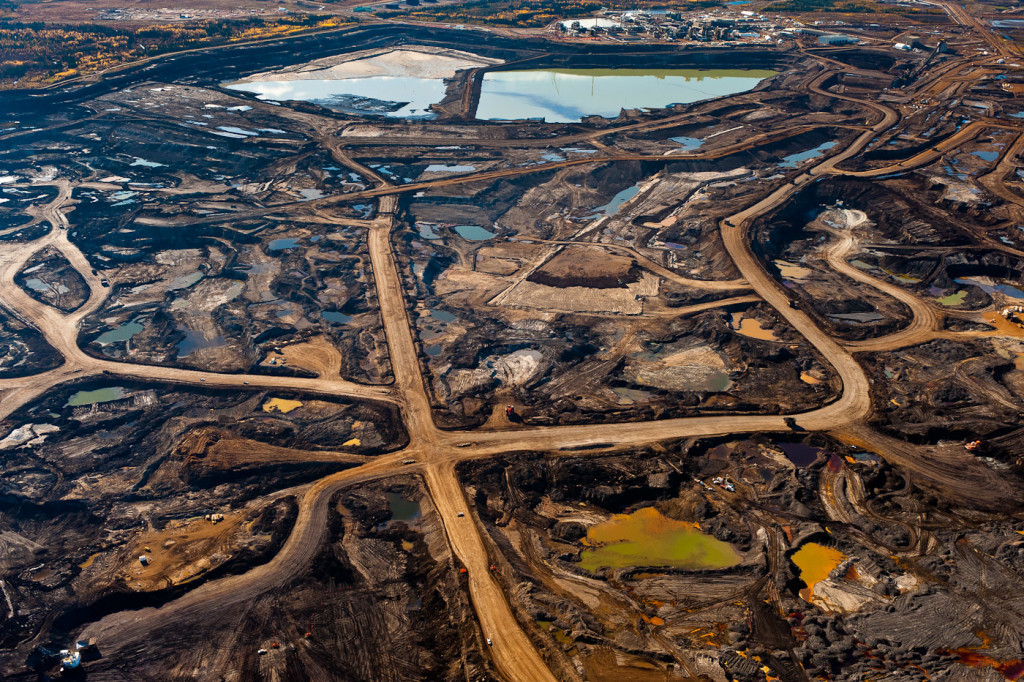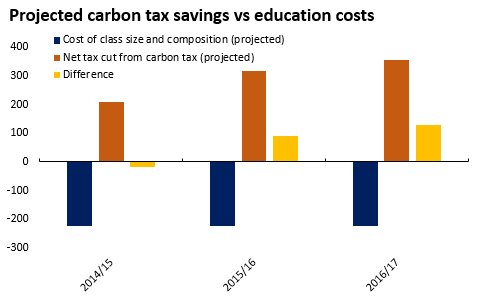Anytime the oil barons and baronesses are smiling for the cameras with NGOs and politicians, we should at least be interested, if not outright worried. Was the release of Alberta’s new climate change strategy just an occasion for the oil execs to ham it up for the cameras pretending all is well or do they have truly something to be smiling about?
Now, because I don’t want to constantly feel like the asshole at a party—complaining about children ingrates at a baby shower, enumerating an ex-husband or wife’s flaws at a wedding, laughing at a funeral—here’s an important positive: Alberta plans to use half of the money raised by its new broad carbon tax for “just transition” policies. A large chunk of the money will go towards supporting now-more-expensive heating, fuel and other consumption for poor and working families, while some will go towards retraining and other opportunities for those who lose their jobs. Just introducing the phrase “just transition”, which appears in the climate document four times, into the mainstream is a success.
I want to, however, focus on another phrase, much more dominant in the report: “competitiveness”. The report worries about the competitiveness of the tar sands with more stringent climate policies. Oddly enough, in a world of low oil prices, Alberta’s oil industry is already relatively uncompetitive. The biggest recent competing source of “unconventional” oil, fracked oil from US shale formations largely concentrated in North Dakota, has seen huge efficiency gains and falling break-even prices. This means that it is profitable to extract oil there at ever-lower global oil prices. In short, the tar sands are today having hard time keeping up with the pace of innovation elsewhere. Today, the lowest-cost producers of US shale oil can produce profitably at lower oil prices than producers in Alberta’s tar sands.

